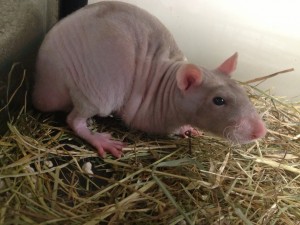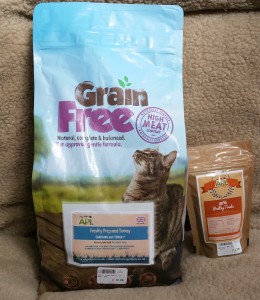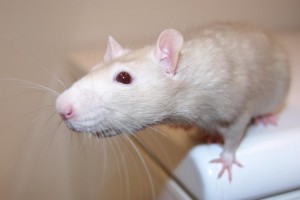Angell Pets has bred and sold fancy rats since we opened. They are a popular pet for good reason. They are relatively easy to care for, friendly, inquisitive and intelligent and seem to thrive on interaction with their owners. Many owners however are unaware of the history of their pet.
Nowadays most people in the UK would think of the rat as a native species. Far from it. Domesticated rats derive from the brown rat (Rattus norvegius). This species only arrived in Britain around 1720 so it has only been here for just under 300 years, that’s only 150 years longer than the grey squirrel (from the USA) and a over a thousand after the rabbit (Romans soldiers kept them for meat, bringing them from Spain). Despite this, current population estimates are a minimum of 6.5 million (more than that if you include sewers, tips and post breeding numbers).
A common misconception voiced when people see rats in the shop is that they were responsible for the plague. Well for the black death (1300s) and bubonic plague (1600s) which each killed a third of the nations population, they have an excellent alibi – they weren’t even here (in fact they hadn’t even completed their march across Europe from their Asian homeland by then).
The animal responsible for the major plagues in the UK was actually the black rat (Rattus rattus) or “ship rat”. Black rats (originally brought over by the Romans in ships) are now quite rare in mainland UK, restricted to only two colonies in coastal areas and a population of around 1300. Part of the reason for the decline of the black rat is habitat – black rats like empty buildings with plenty of food, like warehouses and docks, which have disappeared or been converted into flats. Brown rats prefer agricultural land although they obviously do well in urban settings too. Also the black rat is smaller and a lot of predators will selectively feed on smaller rodents (studies show that owls prefer to eat mice and voles and any brown rats taken tend to be smaller juveniles). Cats (over 10 million owned cats in the UK) too will tend to take easier, smaller prey leaving the black rat at a disadvantage. In the end the larger (and more carnivorous – they will kill smaller rodents) brown rat has been able to out compete its smaller, more vegetarian relative.
Brown rats were originally domesticated by the rat catchers. Keen to show they were good at their job and promote their services they would keep one alive in a cage. Obviously they wanted one that wouldn’t try to rip their face off at the earliest opportunity so would select the tamest and breed from them. Over time others took to keeping rats, always selecting for tameness and the domestic fancy rat was born. Now rats are bred for colour, coat, ear shape etc. and fancy rat societies abound.

So one invasive alien species that arrived around 2000 years ago with the Romans (from India originally) has been largely pushed out by another arriving 1700 years later. Just goes to show that although most would agree that invasive species can cause major problems, sometimes there are potential benefits. After all we don’t really have the plague in the UK anymore and we wouldn’t have one of the best small animal pets there is.
The Angell Pets Team




